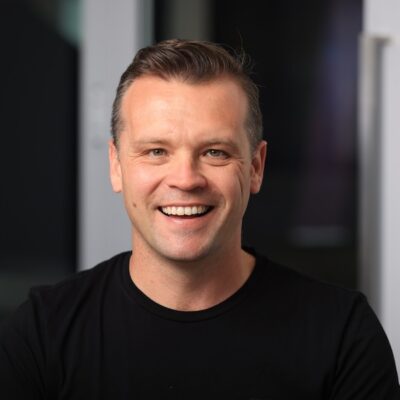Transactional recruiting robs employers and jobseekers
New Zealand’s employers are being urged to be less clinical in their hiring practices as, increasingly, candidates report that job interviews seem to be turning into a checklist exercise. Kathryn […]
New Zealand’s employers are being urged to be less clinical in their hiring practices as, increasingly, candidates report that job interviews seem to be turning into a checklist exercise.
Kathryn Sandford, CEO of Move to More (M2M), a recruitment company and career/job-hunting coach, wants employers to prioritise the human connection when evaluating prospective employees for a role.
“The checklist approach covers points like flexibility, no bullying policies, diversity and inclusion, certification, flexibility, not ageist, not sexist – all good things, but unfortunately, much of it is lip service. Employing the best person for the role is not an exercise in compliance.
“Our culture of busyness means that nobody pauses to prioritise and focus on what is important; there’s no reflection or evaluation because organisations cannot stop the cog from turning. Everything is on a time dollar clock. It’s just easier to have a checklist.”
Sandford speculates that technology, automation, and a preoccupation with data may have something to do with the inclination to treat the hiring process like a transaction, but fears that it will lead to a scarcity of creativity and innovative thinking in the workplace.
“Nobody wins when a company hires somebody just because they are neurodiverse or Māori, but that kind of compliance checklist is what is happening.
“How do they add value and support your organisation’s growth? For example, neurodiverse employees bring analytical thinking and creativity, while Tikanga Māori can inform practices, policies, and ethics in promoting elements like rangatiratanga,” says Sandford (pictured above).
She says another disturbing trend motivating her call for employers to prioritise the human aspect of recruitment is the difficulty in getting employers to commit and set clear expectations around the recruitment and interview process.
“We see a lot of excuses coming from the employer side. Interviews are cancelled, and the goalposts, in terms of what they want from a candidate, are moved, or they are slow to decide. Candidates don’t have to wait around in this market. They get frustrated and go somewhere else.”
Sandford’s advice is to:
1. Toss the checklist
“Engage with the person. Approach recruiting from a relationship perspective because it also demonstrates to candidates, even those that are unsuccessful, that your business is genuine about its culture and values.”
2. Step outside the box
“Most job ads follow a structure—role, location, benefits, role type, job description and requirements. To find the best candidates, a recruiter needs more than just a job description and a list of technical skills. We need to understand the client’s business, the role’s expectations, the company’s culture and values, and the traits of the most successful employees. This will give the recruiter the insight they need to start searching for the right candidates.”
3. Get social
Sandford says one idea is to invite the shortlisted candidates to a company function, perhaps after-work drinks so that they can meet their potential colleagues and vice versa.
“Social situations go beyond lip service for everybody. They’re dynamic, which allows you to glean useful insights into how the person may fit within your business.”
4. Define your recruitment process
“Set the expectation with shortlisted candidates as to what the process is and why and keep to it.”
“Communication needs to flow and if it is not then ‘the talent’ will walk,” adds Sandford.
She says evaluating someone against specific criteria is part of the process, but it shouldn’t end there. A truly diverse and inclusive culture is about making human connections.
https://m2m.co.nz/






